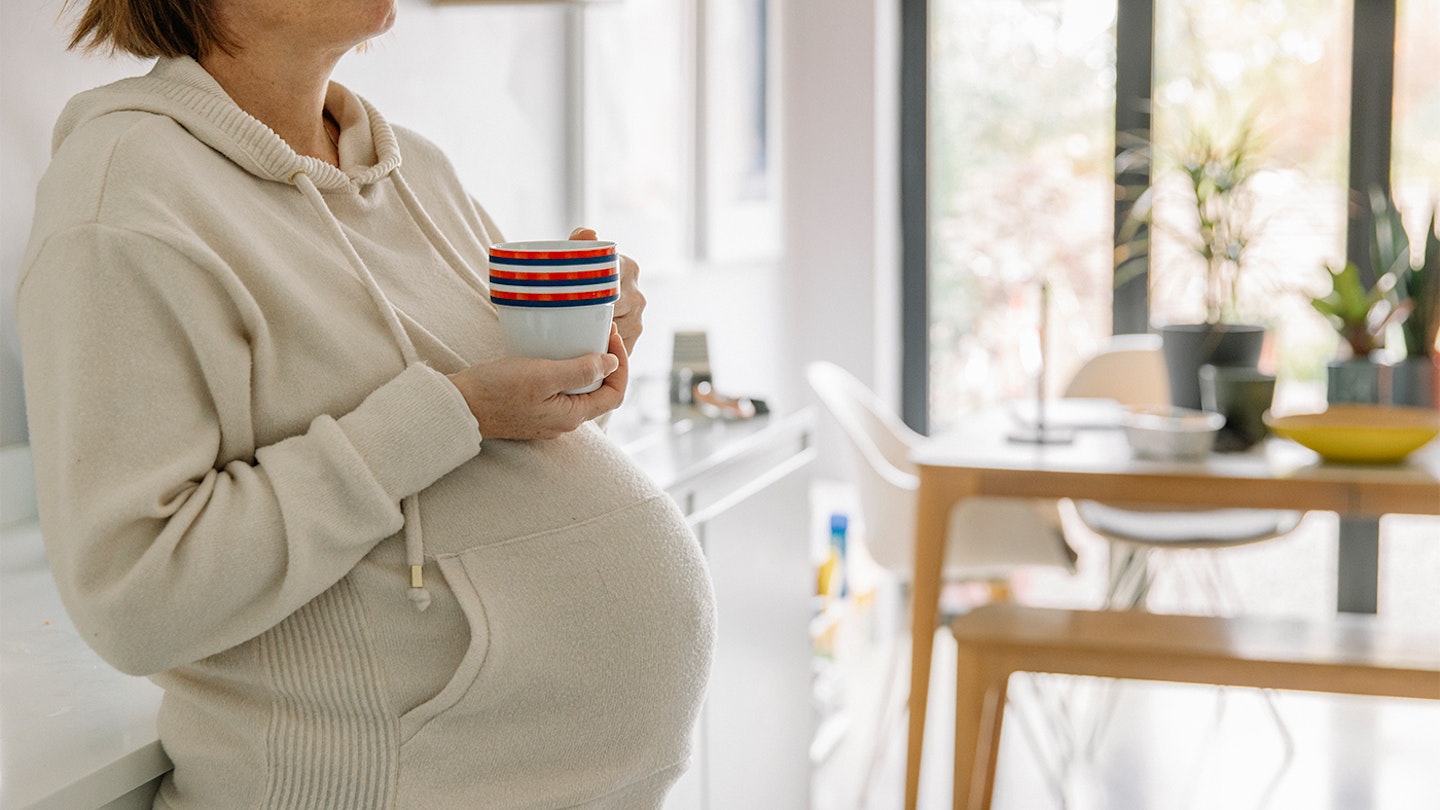You only need to look at your mother and grandmother's generation to realise that they probably had children when they were a lot younger than you are, and although there are many mums who have children in their twenties or early thirties, an increasing number of us are choosing to wait until we're a bit older to start a family.
It's obvious to see why women might want to wait a little longer before getting pregnant. Not only does our generation have much better access to contraception, we're also living a lot longer than generations before us. Women are also able to prioritise their education and career now before starting a family, not to mention the fact that this can boost your finances before having a baby. Naomi Campbell recently made headlines after opening up about having her first child at 50, and we must say, she looks incredible!
As with most things, the older you are, the more likely it is that risks are involved. And if you're having a baby after the age of 35, you may have heard the rather dated term, 'geriatric pregnancy'. This term is now rarely used in the world of medicine for obvious reasons, and the correct term that most medical professionals will now use to refer to mums over 35 is 'advanced maternal age'.
What is a Geriatric Pregnancy?
This is a term that used to refer to pregnant women over the age of 35. As we know, most women who have children over this age have very healthy pregnancies and babies. The term you might hear your doctors and midwife use instead is 'advanced maternal age'.
Because pregnancy at this age comes with added risk, you might be offered an increased number of scans and tests to make sure everything is going to plan.
What are the risks of Geriatric Pregnancy?
Risks can come with any pregnancy at any age, but there's an added risk after 35.
• High blood pressure - this can lead topreeclampsia
• Miscarriage or stillbirth
• Complications when giving birth - this may lead to a c-section
• Low birthweight
• Chromosome disorders such as Down's Syndrome
How can I increase my chances of a healthy pregnancy and baby?
Before you start trying for a baby, it might be a good idea to speak to your doctor to check if you're physically prepared to carry a baby.
When you are pregnant, make sure you attend all of your tests and check ups, and if anything ever doesn't feel quite right, make sure you speak to your midwife or doctor. You may also want to consider the optional tests for pregnant women over 35, to check for any birth defects associated with advanced maternal age.
Also, don't forget to take your vitamins - prenatal and pregnancy vitamins are essential to boosting your chances of a healthy pregnancy and baby, especiallyfolic acid. As well as taking your vitamins, you'll want to make sure you're eating a healthy, well-balanced diet.
Popular articles to read next
5 ways to tell if you’re really ready to announce your pregnancy
